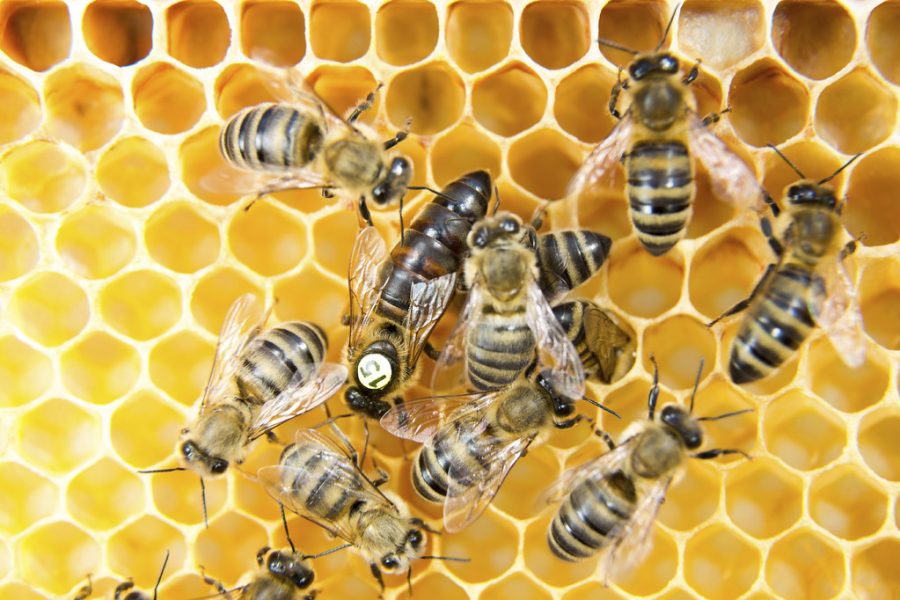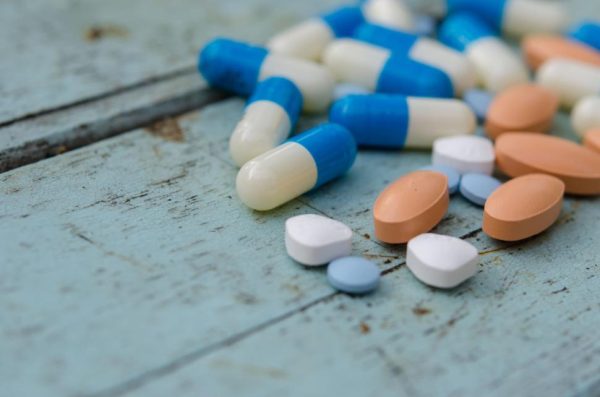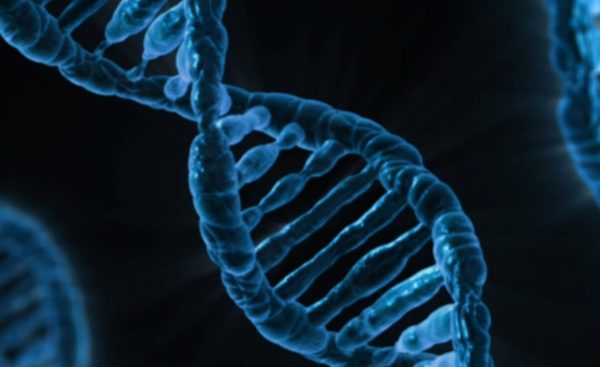The Buzzkill; It Bee Like That Sometimes
Jens Brueggemann aka Ikonoklast
Queen bee in a beehive laying eggs supported by worker bees.
I know you’ve heard someone say, “Save the turtles!” and the metal straw trend, but while that´s important, it’s also important to remember that bees are an essential part of the environment. Think- have you ever bitten into an apple before? Maybe ice cream? Had tea with honey? Well, in a world without bees, you could say goodbye to all of those things. According to Independent.co.uk, bees pollinate about a third of food crops and 90% of wild plants, which provides food for livestock. It’s very alarming for biodiversity how the bee population is dropping, and the food chain, and in turn, food for us. The population of bees are dwindling, and pretty fast. ”One-third of the UK’s bee population has disappeared over the past decade and 24 percent of Europe’s bumblebees are now threatened with extinction.” Independent.co also states. In fact, the U.S. Department of Agriculture (aka USDA) reports a 42% loss in managed colonies (a bee colony looked over by a beekeeper). Managed bee colonies are important because that’s where honey comes from. It’s scary how few people actually know how vital bees are to our environment. According to Earth Day Network, one in four bee populations are extinct and 90% of flowering plant species depend on insect pollination. The significance in this is that so many plants rely on bees just to grow. To sum it up, bees are pretty important. The whole issue doesn’t seem to be getting much better either. Smartcitiesdive.com claims this year is the first year summer losses have outnumbered winter losses.
So big question- why? Well, pesticides and insecticides are a huge killer of bees. As they hop from flower to flower, pollinating, pesticides and other chemicals are not the bee’s friend. Insecticides are obviously toxic, as many contain propoxur, a dangerous chemical highly toxic to bees. Bees that collect pollen with propoxur could cause the death of an entire hive. While there are a few pesticides that won’t harm bees unless wet or undissolved, bees aren’t in good hands at the moment.
I decided to interview Mr. Sanders, the teacher of AP Environmental Science as he would probably know a thing or two about bees. When asked how the world would change if we didn’t have bees, he said, “Well, it’s been estimated that one in three bites of food we take is pollinated by bees.” He also mentioned how he himself had noticed bee population spiraling. “Some of my earliest memories are swarms,” He said, recalling childhood memories when bee population wasn’t so scarce. “Just being outside and playing and all the sudden realizing, bees everywhere. And not just rarely, I would see swarms two or three times a summer.” His class also made a list of reasons for the decline in bee population, including overuse of natural resources, deforestation, wildfires, overpopulation, and ozone depletion.
So how can individuals prevent bees from dying? First, if you have a backyard or a grassy area, plant a little garden. It’s no surprise bees hang around flowers and if you have the opportunity to spice up your yard and help some bees along the way, why not? Second, you could refrain from using chemicals that affect bee life such as pesticides. Finally, just don’t kill them. I know it’s scary when a bee lands on you because you’re afraid they might sting you, but unless you’re allergic, try to brush them off or just let them fly off themselves.






